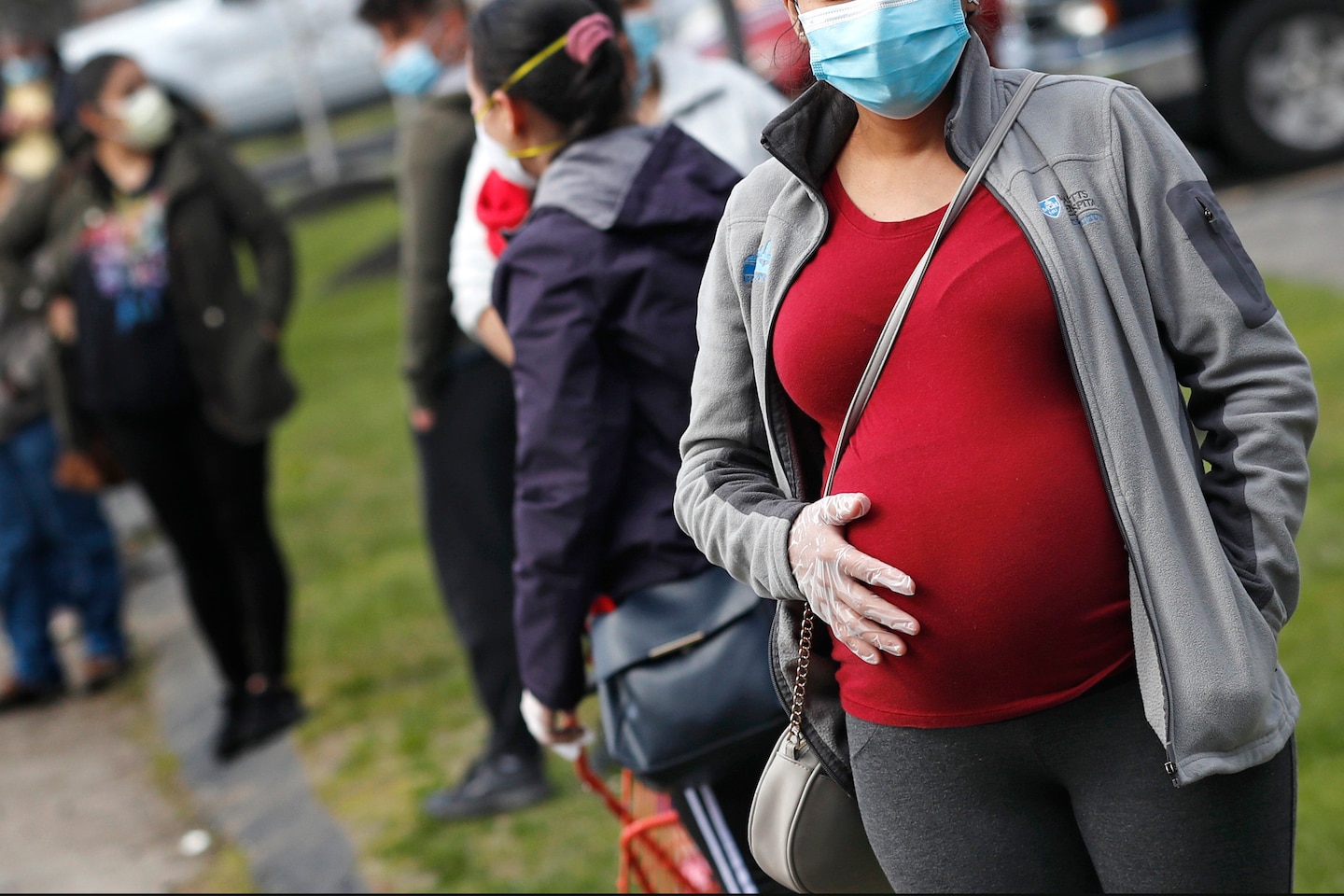Long covid has been a confounding subject for researchers since the coronavirus began spreading more than fours year ago. The syndrome is blamed for a range of persistent symptoms that sometimes vary among patient groups, and the virus can present a particular threat to pregnant people, who are already a vulnerable population.
Still, medical experts say this study is a stark reminder of pregnancy’s effect on the immune system and the impact it has on the body, highlighting that more research needs to be conducted. The study was funded as part of the National Institutes of Health Researching COVID to Enhance Recovery Initiative, widely known as RECOVER.
“I was initially surprised at the prevalence of long covid in this population,” said Torri Metz, one of the study’s lead authors and a maternal-fetal medicine specialist at University of Utah Health. “It really drew my attention to the fact I need to have this on my radar when I am seeing patients.”
As part of the 1,500-person study, researchers analyzed individuals infected with the coronavirus during pregnancy; half of the participants, who were mainly in their 30s, were fully vaccinated when they were enrolled. They evaluated the study participants for long covid symptoms 10 months after the initial infection.
The most common symptoms reported included malaise, fatigue and gastrointestinal issues, some of which can also be hallmark signs of pregnancy.
The researchers wanted to make certain the symptoms being reported were associated with covid rather than being attributable to pregnancy or the postpartum period. They found that the effects persisted and were still evident when evaluated 10 months after the initial infection. That indicated to the researchers that the study participants’ symptoms, such as fatigue and aches, did not stem from pregnancy but were instead the hallmark of long covid.
“This is another opportunity to really draw attention to the fact that it’s important for patients after pregnancy to continue to have ongoing care [if they have] chronic conditions that require specialty care and require handoffs to people who can really manage them,” Metz said.
Cynthia Abraham, an associate professor at Icahn School of Medicine at Mount Sinai in New York who was not involved in the study, said the research highlights the threat posed by respiratory illness during pregnancy, with the potential for worse outcomes.
“A lot of the data we have is from nonpregnant populations … so this paper hones in on a significant population that’s been understudied,” said Abraham, who is also a fellow with the American College of Obstetricians and Gynecologists.
This year, more federal dollars were allotted to studying the impact of long covid. The Biden administration announced it would invest an additional $515 million during the next four years to research the condition. It remains unclear how much will be spent researching pregnancy and covid. So far, RECOVER has recruited more than 30,000 people, including children and those who are pregnant.
Monica Longo, an OB/GYN researcher on NIH’s RECOVER team and a maternal-fetal medicine expert, emphasized the importance of understanding how the disease affects pregnancy and its potential impacts on a fetus.
“Those nine months are crucial for the developing fetus, and any changes in their environment can significantly alter their development,” Longo said. “So it is essential to examine the effects of covid exposure on the fetus.”
Longo suggested that future studies could explore the consequences of the virus on the fetus and explore the implications after birth for the baby, especially regarding developmental outcomes.
#people #infected #pregnancy #develop #long #covid #study #finds,
#people #infected #pregnancy #develop #long #covid #study #finds
